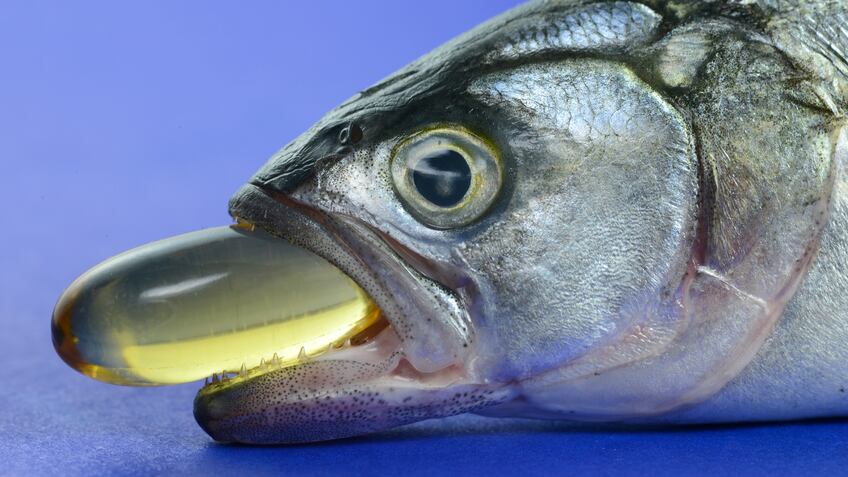Researchers at the Taipei Veterans General Hospital, Chang Gung Memorial Hospital and Taipei Medical University conducted a systematic review and meta-analysis in order to determine the impact of PUFAs on patients with DED, a multi-factorial inflammatory disorder whose symptoms include irritation, redness, discharge, and fatigue-prone eyes.
They searched the Cochrane Library, EMBASE, PubMed and Web of Science for RCTS before March 2019, which had looked into the effect of PUFAs on DED.
Two of the reviewers independently abstracted data on tear breakup time (TBUT, a clinical test for evaporative DED), Schirmer's test (which determines if the eye produces enough tears to maintain moisture), osmolarity, and ocular surface disease index (OSDI).
Eyeing the benefits
The researchers eventually settled on 13 eligible RCTs involving 1,782 patients with non-specific typical DED, and found that patients who had been given PUFA treatment without other eye medications showed better improvements in TBUT, Schirmer's test scores, osmolarity, and OSDI scores, compared to those who had received placebo.
However, the effect of PUFAs on TBUT and OSDI scores was diminished over the course of the patients' treatment.
In addition, PUFA supplementation alongside other eye treatments did not improve the patients' condition, something the researchers observed in their pooled analyses (but not their meta-analysis).
They added that in their pooled results, "treatment duration was associated with TBUT improvement and the OSDI score", indicating that PUFAs were able to contribute a short-term beneficial effect on TBUT and the OSDI score.
They also stated that there had been few adverse events among the supplemented participants in the reviewed studies.
They wrote that while PUFAs may not prevent underlying disease progress, they could enhance tear quality and quantity in the tear breakup process, with the source of PUFAs possibly playing a role in their efficacy.
Future studies on fatty acids?
They then highlighted the need for individual patient data for future meta-analysis, as the lack of extensive data in this review prevented them from performing an in-depth investigation on specific variations in patient characteristics.
They also noted that most of the studies reviewed did not assess patient compliance by testing their serum fatty acid levels objectively, causing them to be unable to guarantee compliance by all the patients.
Patient compliance, they said, was "crucial in outpatients with medications or supplement therapy".
At the same time, despite having looked into the trends of treatment duration on the effects of PUFA and finding important results in terms of TBUT and OSDI, they were still unable to determine the optimal treatment duration for DED patients.
As such, the researchers said an "additional longitudinal study to optimise treatment duration when PUFAs are used as supplemental therapy for DED is warranted".
In conclusion, they wrote: "PUFAs without other eye medications effectively improved TBUT, Schirmer's test score, osmolarity, and OSDI score in patients with non-specific DED. Regarding improvements in TBUT, PUFAs may exhibit only short-term effects.
"Moreover, the studies included in the current systematic review have reported few adverse events in patients who received omega-3 or omega-6.
"Therefore, in the real-world clinical practice, it is worth suggesting PUFAs to patients with non-specific typical DED if they are not concurrently using other topical or systematic treatments."
"Additional RCTs should explore the effects of duration of treatment, and determine the optimal dosage for PUFA treatment."
Source: Nutrients
http://dx.doi.org/10.3390/nu11050942
"Effects of Polyunsaturated Fatty Acids on Nonspecific Typical Dry Eye Disease: A Systematic Review and Meta-Analysis of Randomized Clinical Trials"
Authors: Sheng-Chu Chi, et al.




